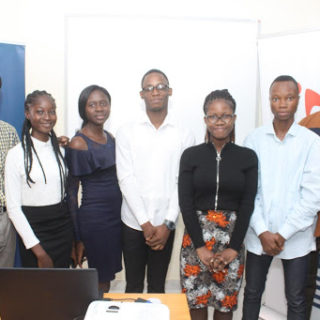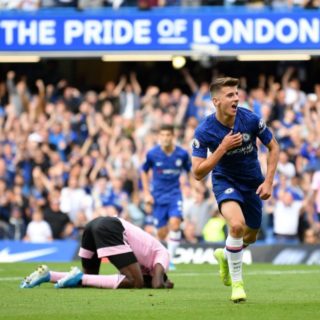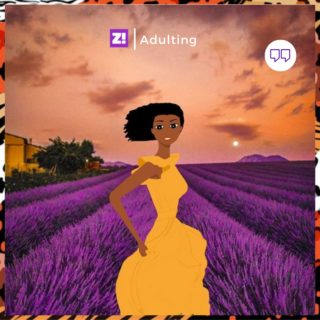If you’re a fan of Nigerian music, you must have caught the “Afrobeats To The World” bug. In the last four years, buoyed by a sprinkling of cosigns by foreign superstars, Nigerian music has earmarked the American market as its next frontier.
The energy is strong and we’ve recorded small wins. But success has come at a much more lethargic pace than was initially expected. DJ Cipha Sounds made angry Wizkid fans painfully aware of that on the episode of the R.O.A.D podcast below.
Where afrobeats is stuck at the door, Latino music has found its way in and started a party. One of the more significant conversations in world music has been how Latino music has become commercially successful in the US. Between 2016 and 2017, the number of hit songs on the much-vaunted Billboard Hot 100 jumped from a mere four to 19.
This year, the collaboration between Ozuna and Bad Bunny has been heralded as ‘a bid for world domination‘, and the numbers are there to show. They used to pander for collaborations, now Latino A&Rs are the darlings of pop stars looking for a streaming boost.
It’s safe to say Latino music is what Afrobeats wants to be like when it grows up; so what lessons can it learn in its own push to become a global force? We looked through the former’s rise and streamlined two decades worth of groundwork into three brief lessons:
- To Believe In The Diaspora Or Nah?
The incursion of foreign sounds into the US market has always been buoyed by immigrants and their offspring. Jamaican communities, their influence in the hippie culture led to the rise of that country’s music and Bob Marley’s popularity in the 1970s.
Starting in the 1990s, the gradual assimilation of Latino culture and the gaiety of the music helped it break into the US. The trend has continued since then. Second generation Nigerians in the UK have already birthed new variations of Afropop while flying their flags proudly.
If Nigerian music doubles down on that, and every Bayo in Baltimore sets daily reminders to play Burna Boy’s newest song at high volumes in a residential area, things could happen.
- On Adjusting To Fit The Popular Sound
If you’ve noticed how most Latino hits sound like the same thing nowadays, you’re not alone. Eduardo “Visitante” Martínez, a musician who has racked up numerous awards for his work in the group Calle 13 said recently, “Latin music right now, all the sound is the same.” “It’s all the same harmony, the same arrangement, the same key,” Despite the vast variety of sounds from the Americas, most Latino hits nowadays are what radio DJs call ‘urban’.
Think of it as everything you’re likely to hear on Soundcity FM on a Friday night. It’s what Rihanna calls airport lounge music. Urban music refers to singles by hit performers; songs that have been genetically modified to sound good, like DJ Khaled’s “Wild Thoughts”, Cardi B’s “I Like It” or a Wizkid single in Nigeria. The sad thing about that analogy is that Wizkid’s music is only just veering towards urban in the US Afropop in its most genuine forms is too foreign for the audience that artists want to convert. What they’ve learned over the past half-decade or so, is that they’re better off adapting than waiting for the people to get with their vibe.
Selling out always comes at its own considerable price. Retaining the diversity of Nigeria’s sounds will be far more important than anything, a reality Latino music is now coming to terms with. Many of its most popular playlists share about 50% of songs, much higher than the average at 4%. It’s largely because fans expect a certain type of song. It’s starting to happen in Afropop too. As other subcultures, like the alte scene and
- On Taking Your Time
The release of “Dutty Rock” and the worldwide hit “Get Busy” gave Sean Paul his breakout year. It’s taken 17 years for another genuine face of Latino music to emerge in the Atlanta-trap clone, Bad Bunny.
Sure, the sound has been gentrified. Justin Bieber and Major Lazer have met the needs of US audiences the most. But the length of the wait between those two eras shows just how slow the burn is when new sounds catch on.
It took 2 years for Davido’s Fall to reach charts in the US. If that’s any sign, it may mean you’ve already heard the song that will cement Afropop’s place as a global sound. What if it’s a Naira Marley song?




